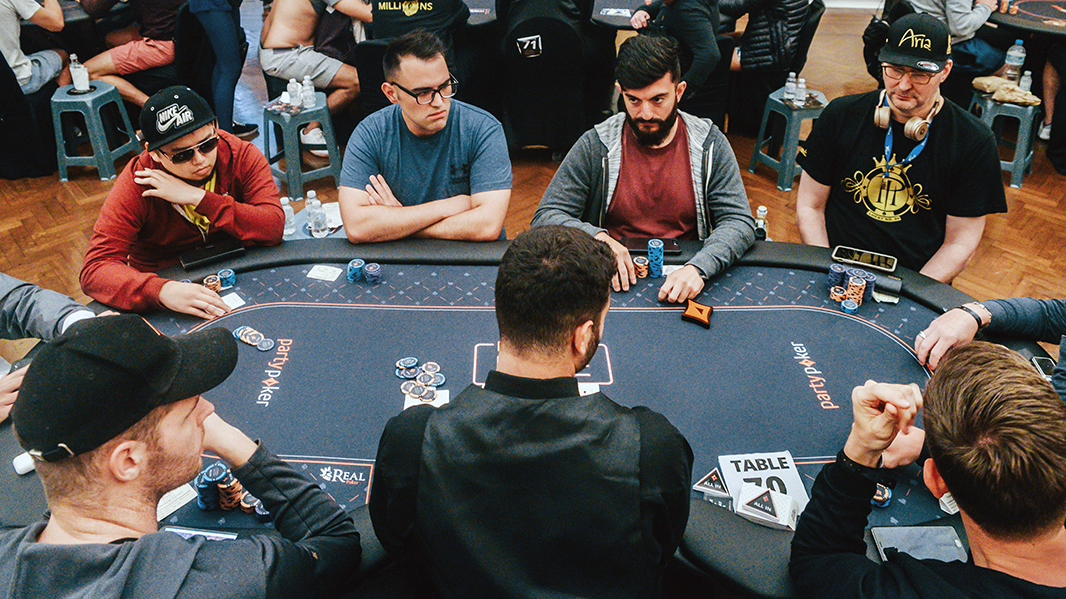Poker myths: revealing the truth behind the cards

Poker is a game that has always been surrounded by legends and myths. From movies to legendary player stories, the poker world has always been an object of interest. However, many of these myths are just truths covered with lies or absolute untruths. Let's take a look at some of the most common poker myths.
The myth of the Lucky Fish
It is often said that in poker there is always one player who is "chip" or "lucky" and always wins, regardless of his skill level. In practice, this is not true. In the long run, success in poker depends on skills, determination and strategy, not luck.
The Myth of Losers Who Quit the Game
There is a belief that players who have lost a large amount of money always try to recover their losses and play more aggressively. This is called the "losing syndrome". In poker, it is important to have a strategy and control emotions, and even after losing, a smart player can stop playing and analyze his mistakes.
The myth of transparent points
The myth says that players can "read" their opponent's card with the help of transparent glasses or sunglasses. In reality, this is not a working method, as most poker players learn about their opponent's card based on their actions, not on their appearance.
The myth of the Mandatory Bluff
Bluffing is an important aspect of poker, but it is not mandatory. Even experienced players do not bluff in every game. Successful bluffing requires a deep understanding of the game and the ability to analyze the situation.
The myth of Poker Face
Poker face is the idea that players should hide their emotions and only express a neutral appearance. In modern poker, many players openly express their emotions and use them as part of their strategy.
You can read about other interesting facts about this game here: https://xn--svensktntcasino-7kb.se/nyheter/online-spel-5-intressanta-fakta-du-antagligen-inte-visste-om-poker/
Poker is a game that will always be surrounded by myths and legends. However, it is important to understand that success in poker depends on skills, experience, and understanding of the game, not on a roll of the dice or luck. Learn poker, develop your skills, and enjoy the game of cards.
